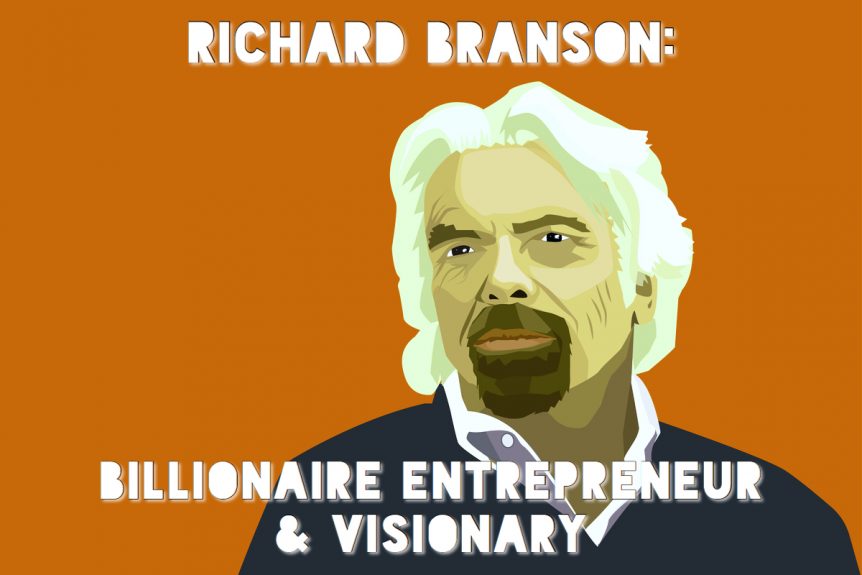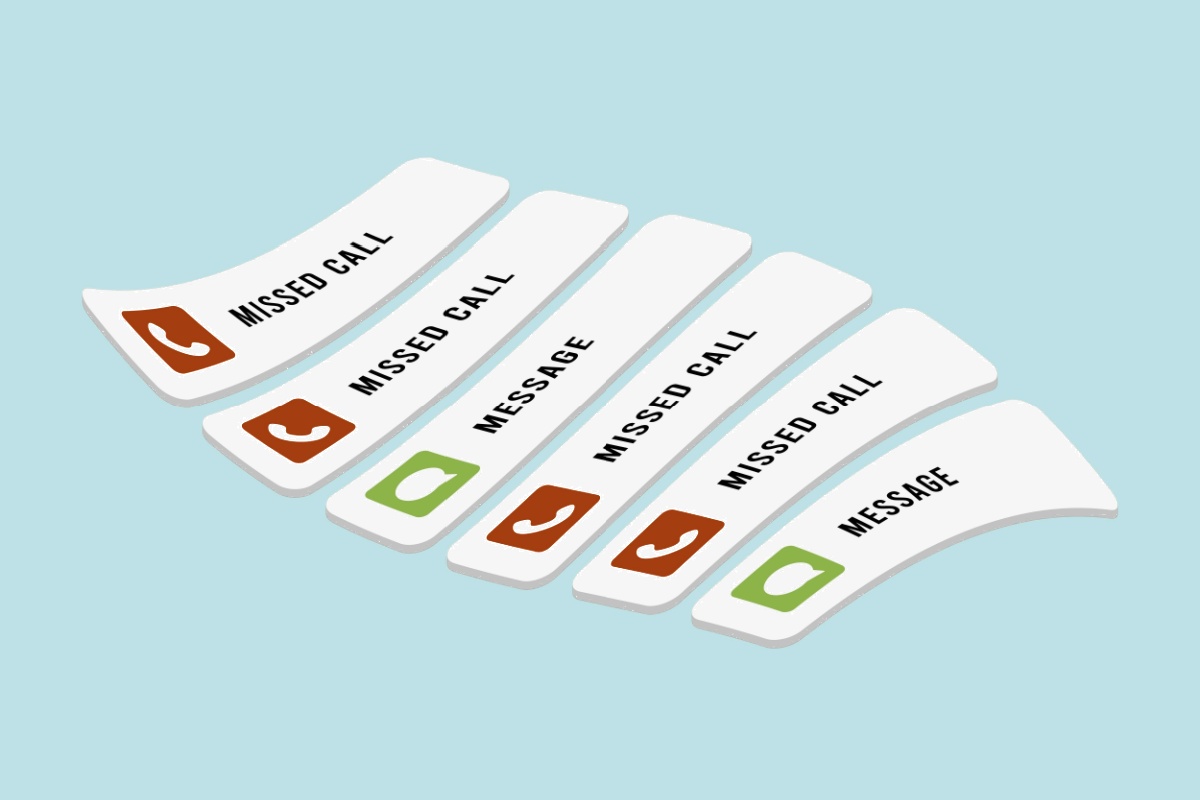In the late 1960s, the chemistry teacher at Stowe School in England noticed one of his students looking particularly engrossed in his work. Curious, since that particular student was generally disengaged in class, the teacher strode over to where the boy sat. Under the desk, the student was working feverishly on a magazine he was creating. In a fit of anger, the teacher snatched the magazine and tore it up.
It was not a propitious beginning for Richard Branson. But disappointment from teachers was nothing knew. All his life, Branson had been thought “dyslexic and a dunce” by the educators who taught him. Not long after the chemistry class incident, Branson left school for good. On the way out, his headmaster told Branson, “You will either go to prison or become a millionaire.” The headmaster was almost right on both counts.
Sir Richard Branson’s net worth now stands at $4 billion, making him the 478th richest human being on the planet. Like most wealthy people, Branson inherited nothing. He earned his way to the top against the odds as a self-made entrepreneur.
What separates Branson, who failed at both academics and at his early business ventures, from his peers who landed in more pedestrian fields? And what can entrepreneurs learn from Richard Branson?
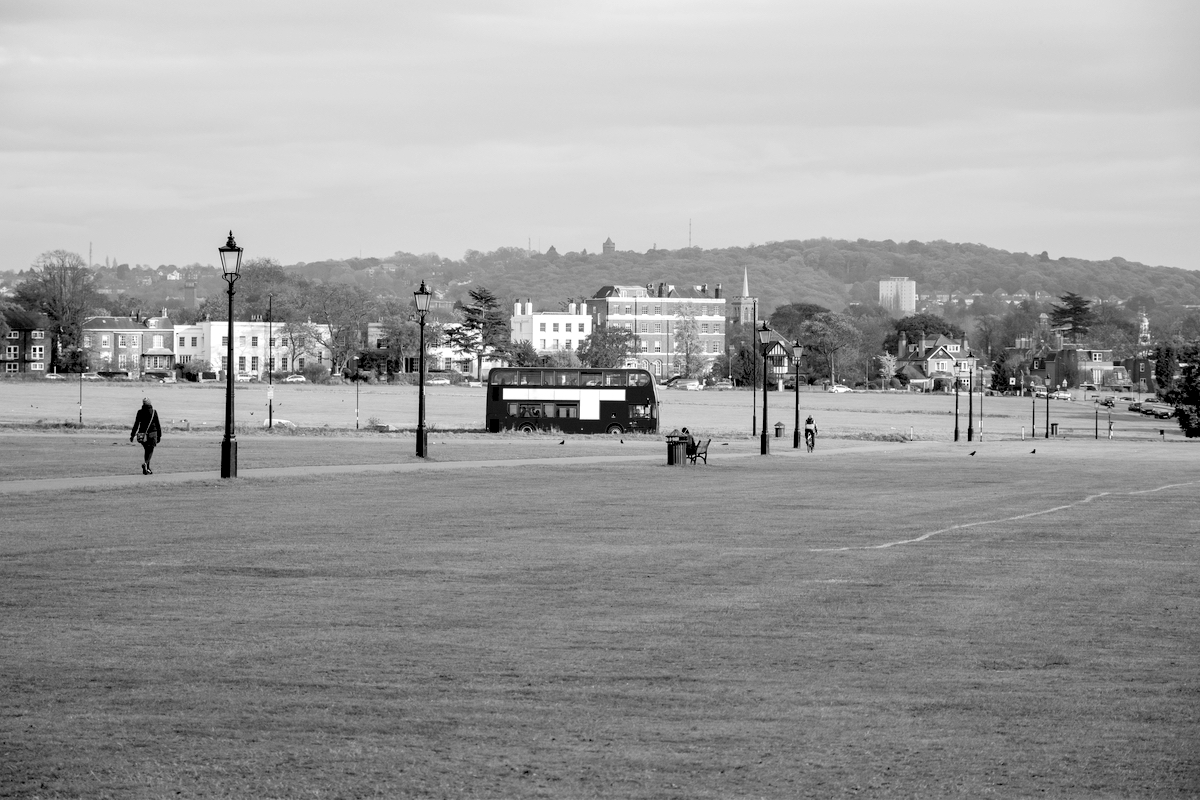
Childhood: Learning to Get Back Up and Try Again
Born July 18, 1950 in Blackheath, England, Richard grew up as the son of Edward (Ted) Branson, an attorney, and Eve Branson, a former ballet dancer, air hostess, and entrepreneur. Richard, whose mother called him “Ricky,” showed signs of his forceful personality from an early age. In a letter written many years later, Eve described Ricky as “pig-headed” and as “someone who liked to do things his own way.” He was, Eve said, always coming up with some new crazy scheme.
Their son’s proclivity for outlandish ideas didn’t scare Ted and Eve the way it might have disturbed other parents. Instead, Eve, a successful entrepreneur, and her husband encouraged young Ricky in what other parents would have chided as foolishness. Often, Eve and Ted knew that Ricky’s ideas would fail, but they encouraged their son to try out his schemes anyway.
Ricky had seen his mother make money as an entrepreneur and thought he could give it a go. One Easter, Ricky wanted to go into business growing Christmas trees. Talking his friend Nik Powell into joining him, Ricky decided to plant 400 evergreen trees. If each tree grew to a six-footer by Christmas of the following year, Ricky and Nik figured, they’d be raking in a cool £800 on a £5 investment. So the two boys tilled the ground and planted 400 seeds that Easter holiday. When they went back to check on the plants during the summer, however, Ricky and Nik discovered that all but two of their trees had been eaten by rabbits.
“We exacted dire revenge and shot and skinned a lot of rabbits,” Ricky later wrote. “We sold them to the local butcher for a shilling each, but it wasn’t quit the £800 we had planned.”
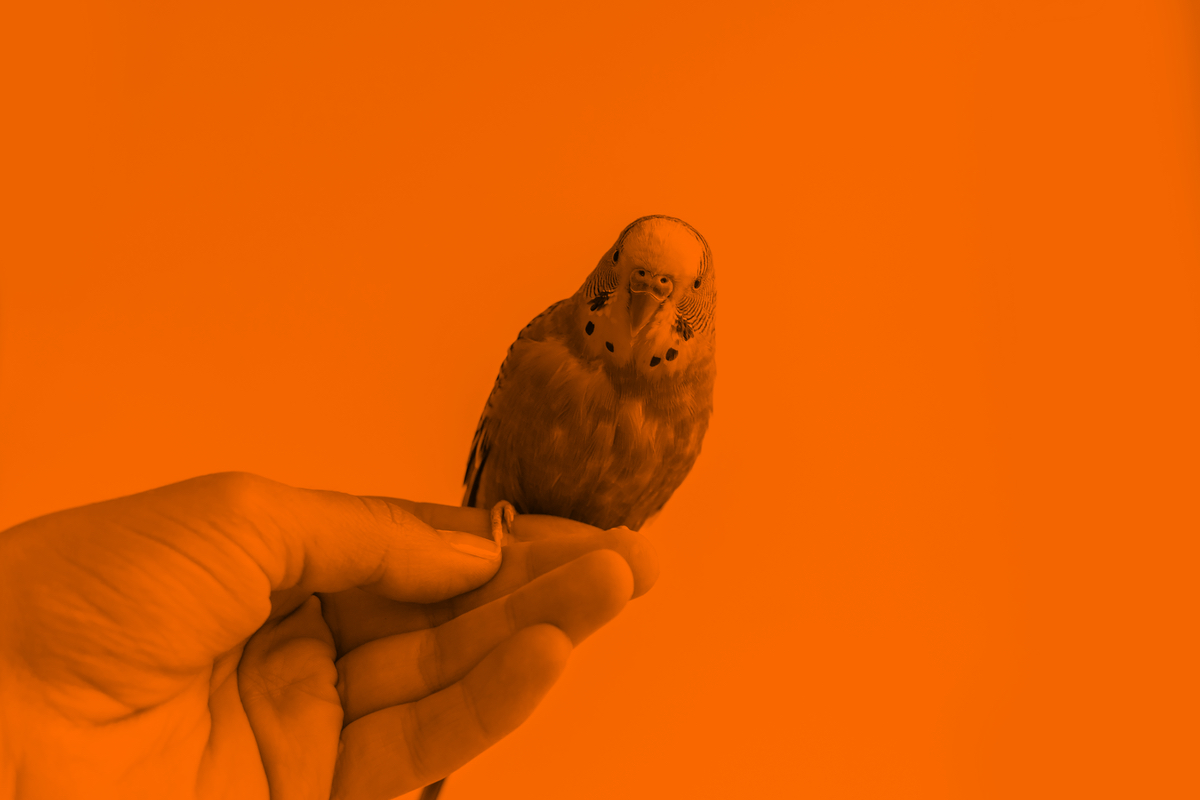
Breeding Budgies
Another time, Ricky decided to go into the business of breeding budgies. At the age of 11, he and Nik felt they could sell plenty of the miniature parrots to their friends at school where budgies had become popular pets. Unfortunately for the young entrepreneurs, the budgies proved to be fertile breeders, and more tiny parrots hatched than Ricky and Nik could offload on their friends. Eventually, Eve set the birds free to make their own ways in the world.
Eve must have thought that what was good for budgies was good for boys, too, because when Ricky decided to drop out of school at age 16, he did so with his mother’s full support. Not that she and Ricky’s dad weren’t worried, they were! But they also knew that school wasn’t working out for their son, and as good entrepreneurs, they abandoned what wasn’t working and tried something else that might succeed.
Like many successful business stories, Richard Branson’s life included a supportive family. “I cannot remember a moment in my life when I have not felt the love of my family,” he later said. “We were a family that would have killed for each other – and we still are.”
Launching Student Magazine
Now freed from the responsibilities and drudgeries of school life, Richard could focus on his budding entrepreneurial career. He’d already started working on a magazine called Student in 1966 when he was just 15 years old. Richard launched the publication in January of 1968, appropriating his church as home base for the business. At the time, he lived with about 20 other people all of whom were illegally squatting on property owned by a friend’s parents.
Despite Richard’s unconventional living situation, his new publication flourished, and the dropout-turned-entrepreneur got a chance to interview such luminaries as Mick Jagger and R. D. Laing about what was going on in the world, which gave him a valuable network, brand, and education.
It wasn’t long before Richard had a new idea: a record business. In the late 1960s, British music lovers had to buy records under strict licensing agreements that limited discounts. Being creative with his interpretation of the law, Richard advertised discounted records in Student. Readers loved the idea and bought the records.
Soon, Richard had his own record shop on Oxford Street in London. In 1971, however, Richard’s creative use of British law landed him in a lot of trouble. His old headmaster’s theory about prison might have come true, but instead, Richard agreed to pay the unpaid purchase tax of 33% and a £70,000 fine. Eve and Ted remortgaged the house to help him out.
It was not to be Richard’s last brush controversy, but his work with Student and the record store did open up a new business idea — a record label.
The Virgin Era
In 1972, Richard, again working with his friend Nik Powell, launched Virgin records. The somewhat titillating name came from one the company’s first employees because everyone involved was inexperienced at business.
Their lack of experience turned out to be an asset because Richard was not afraid to court controversy. He signed some of the biggest names in the music business to his new record label, including The Sex Pistols, the Rolling Stones, and Paula Abdul. Over time, Virgin Records became the largest independent music label in the world. By 1979, Richard was worth £5 million (about $30 million in 2019 spending power). A year later, Virgin Records went international.
The record company proved to be just the first of Richard’s many successful initiatives using the Virgin brand. In 1982, Virgin bought Heaven, a legendary gay nightclub in Charing Cross, London, for £500,000. Richard’s intuition told him that the gay community had money to spend, and he wanted to be there when the cash got handed out. His intuition proved right.
Two years later, Richard founded Virgin Cargo and Virgin Atlantic, the airline companies that have brought him most of his fame and fortune. Richard had been thinking about getting into the transportation business for at least two years, ever since he’d chartered a flight to Puerto Rico when his commercial airliner was delayed and paid for the charter by inviting other passengers to join him.
“Nobody thought we would survive,” Branson said of his venture into the aeronautical business. But survive they did. In fact, the airline flourished. “We created an airline that people loved to fly in a marketplace where other airlines were dreadful,” Richard explained. Today, Virgin’s airline brings in £2.781 billion in revenue each year and employs more than 8,500 people.
Unfortunately, not all of Richard’s ideas worked out as well as Virgin Atlantic did.
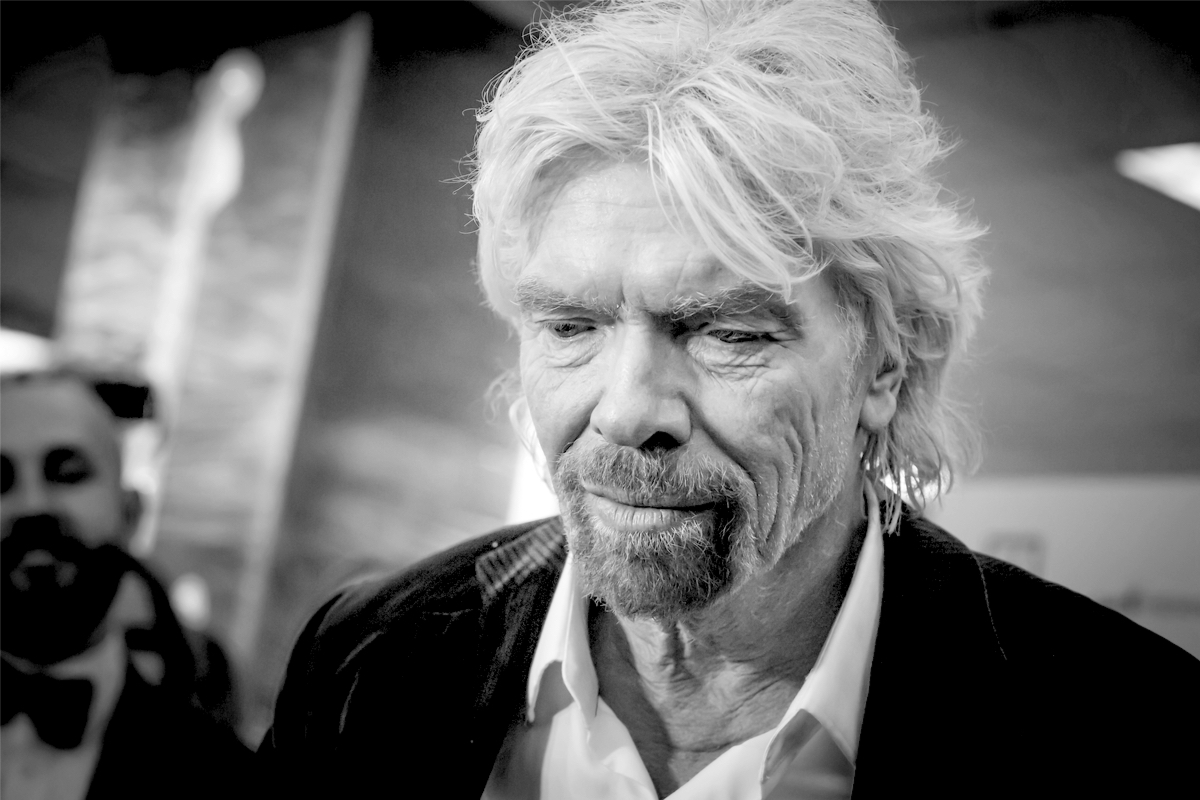
Using Business Failures as Stepping Stones
Most business stories include at least as many great failures as they do successes. And Richard Branson’s story is no exception. His failures didn’t end with the Christmas tree calamity or the budgie breeding bust. During adulthood, in fact, Richard’s failures proved much more expensive.
While Student magazine did catapult Richard to success, the publication itself eventually failed. When Richard tried to sell it in the late 1960s, the potential acquirer ran from deal.
In 1994, Richard decided to go head-to-head with Coke in a soft drink war by launching Virgin Cola. The soft drink never differentiated itself sufficiently from Coke, however, and thus couldn’t elbow its way to the top of the market. Virgin Cola went flat in 2012. “Declaring a soft drink war on Coke was madness,” Richard later wrote on his blog. “I consider our cola venture to be one of the biggest mistakes we ever made.”

Learning from Mistakes
Virgin tried an auto sales website from 2000 to 2005. Not many people bought cars through the site, and Richard later said he had the wrong angle. If he could do it again, he claimed, he’d go for sustainability instead of process disruption.
Another creative initiative, VirginStudent.com, began in 2000. It proved to be an idea ahead of its time, however, and in 2005, MySpace and Facebook gobbled up the market share for social media. Richard’s project shut down.
“Nobody gets everything right first time,” Richard said of his many business failures, “and it is how we learn from our mistakes that defines us. We all deserve a second chance.”
And despite its foibles and flops, Virgin now owns about 60 businesses ranging from mobile phones to airlines.
Who Influenced RB’s Massive Success?
Richard’s views on business, entrepreneurship, and failure may seem unorthodox, but they didn’t originate in his own mind. In fact, Richard hands out credit to a lot of other people who influenced him along the way. Of course, his mother Eve comes in near the top. She taught him that it was okay to fail and not to give up. But she also taught him another important lesson — respect for others.
When Richard was a child he sometimes said disrespectful things to or about other people, and Eve would punish him by making him stand in front of a mirror for 10 minutes. She chose a mirror, she said, because looking at his own reflection would remind him that disrespectful words reflected badly on him.
Richard also credits his father Ted, his uncle Jim, and airline entrepreneur Sir Freddie Laker. Ted Branson taught his son to listen more than he talks. While Ted may not have said those words, Richard got the message from seeing his dad in action. “The most successful entrepreneurs I know all have excellent listening skills in common,” Richard later wrote on his LinkedIn page. And Uncle Jim? He taught his young nephew not to avoid doing things other people found strange. Uncle Jim, it seems, chewed grass frequently in public.
Later, it was learned that he worked for the military and was studying how to survive on grass and nuts in extreme conditions. His other major influence, Freddie Laker, served as Richard’s business mentor, a position he recommends other entrepreneurs fill with an experienced business leader.
What Small Business Owners Can Learn from His Vision
Getting a mentor isn’t the only advice Richard Branson can offer small business leaders. He also says to start small but think big, say yes to opportunities, and follow your passions. Most importantly, he says, consider other people. In an interview with Business Insider, Richard said, “‘Do you have an idea that’s going to make other people’s lives better?‘ If you do, you have a business.” His second piece of advice was typically Richard, “Screw it!”
Caring about others but not what they think of him has defined Richard Branson’s life and career. His philosophy has brought him enormous wealth and influence as well as opportunities to improve the world through business development, charitable giving, and leadership in the environmental sector. That’s a long way from a boy who was once beaten in business by a bunch of pesky bunnies.
But Richard Branson has approached both his failures and his successes with his unique mix of enthusiasm and innocence — an approach to business that you might say is, well, like a virgin.

Stephanie
Stephanie is the Marketing Director at Talkroute and has been featured in Forbes, Inc, and Entrepreneur as a leading authority on business and telecommunications.
Stephanie is also the chief editor and contributing author for the Talkroute blog helping more than 200k entrepreneurs to start, run, and grow their businesses.
